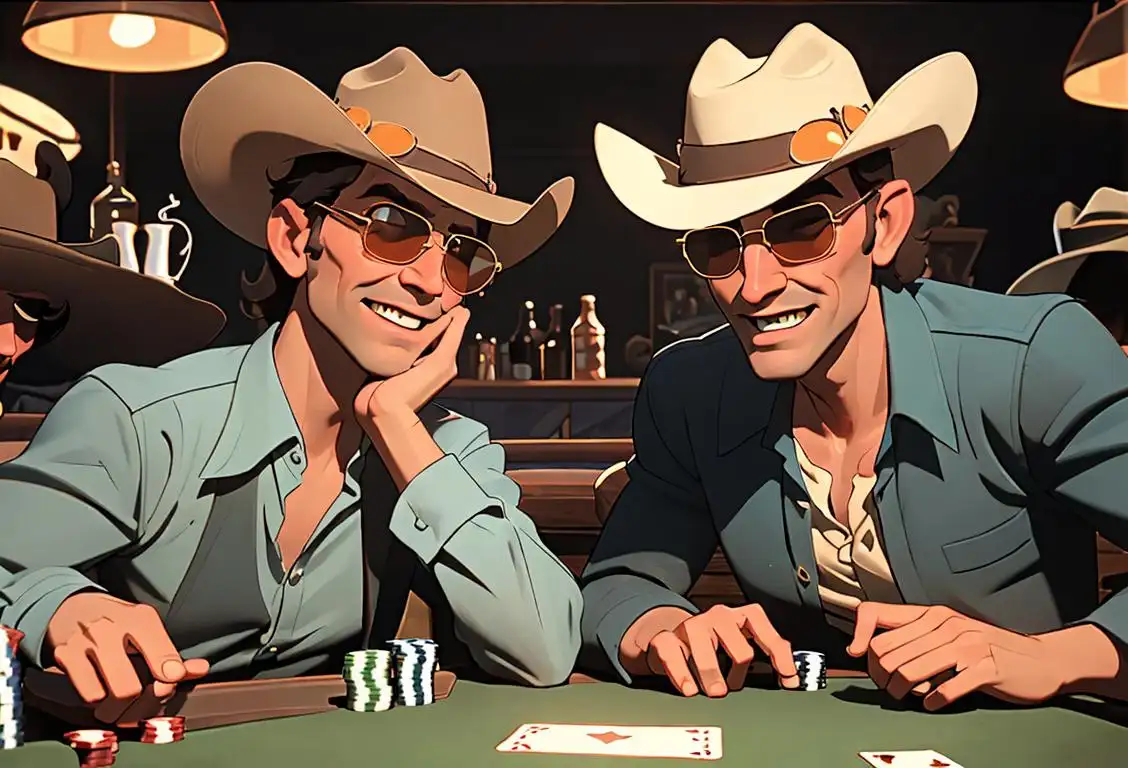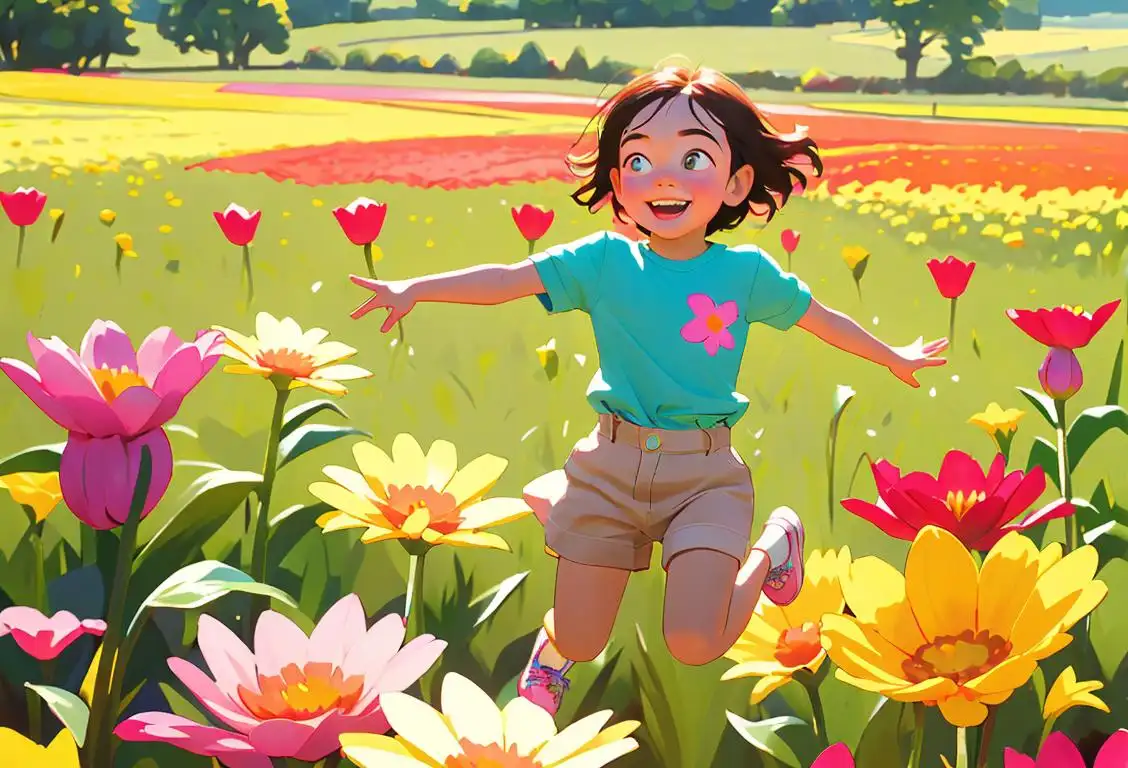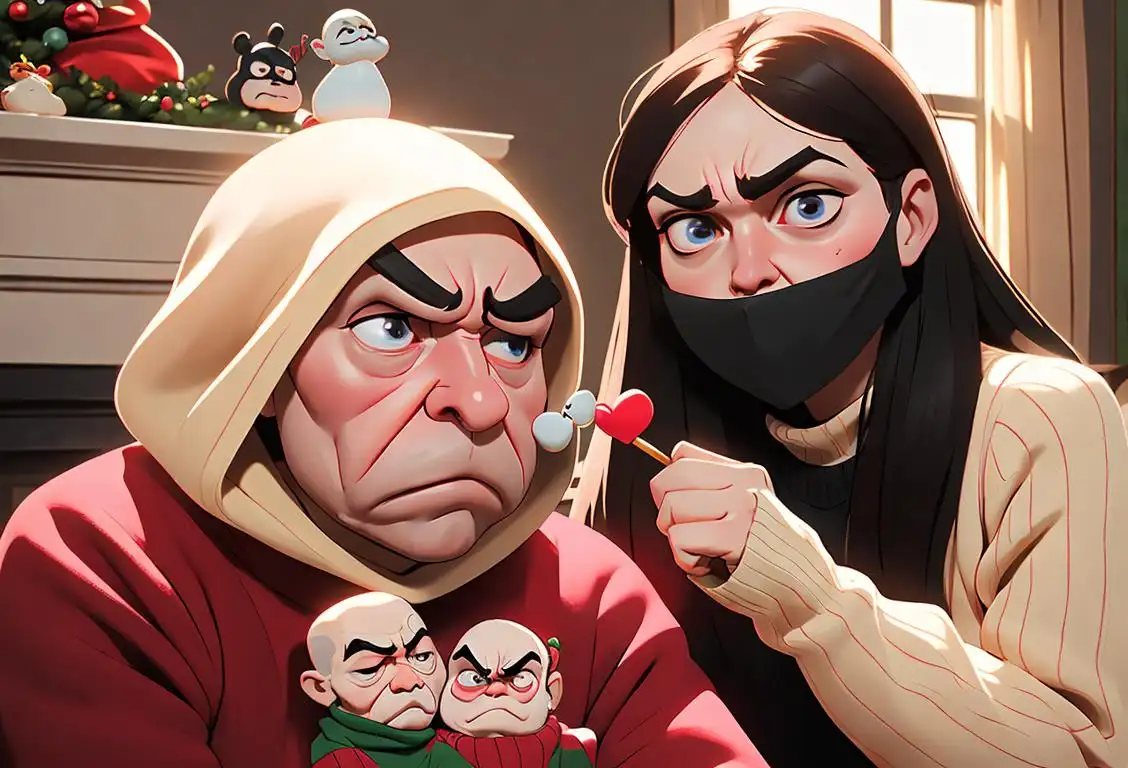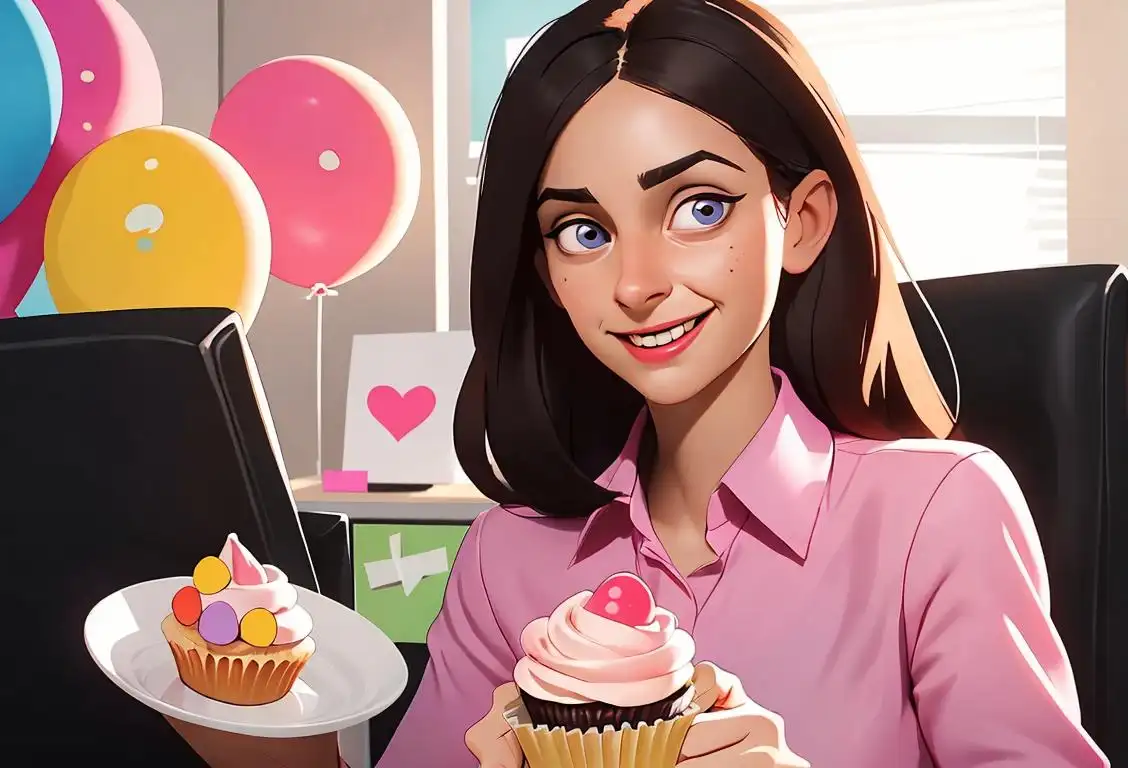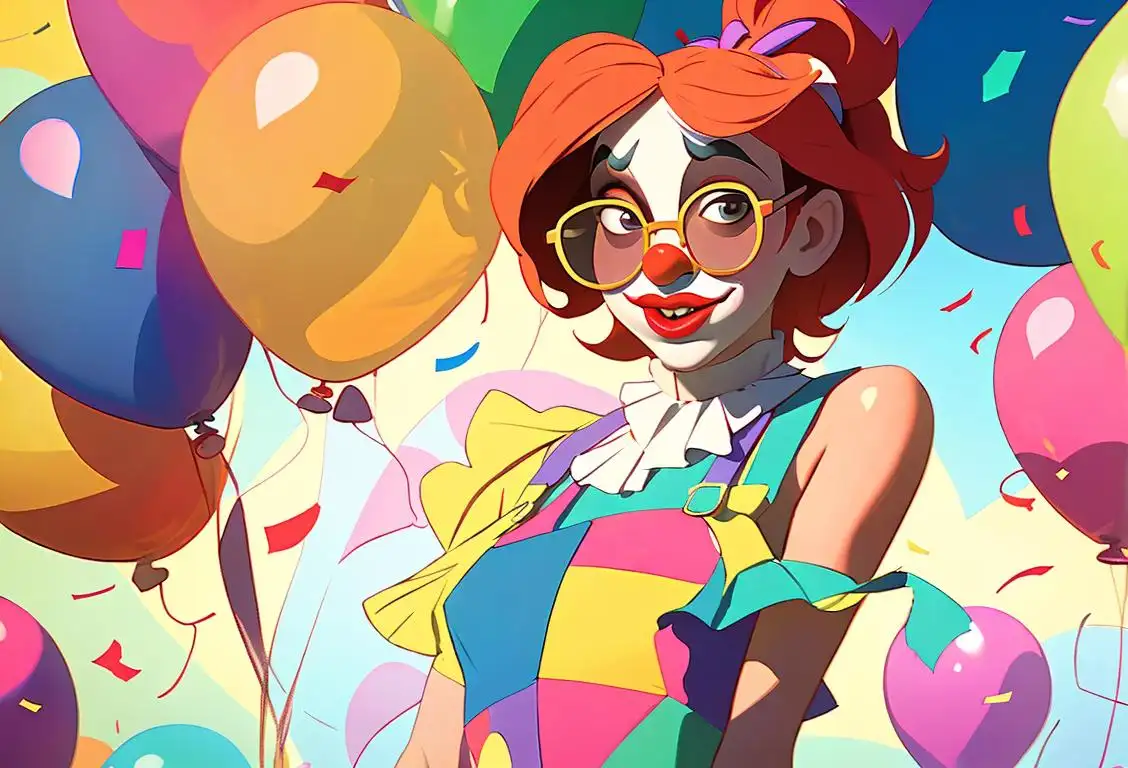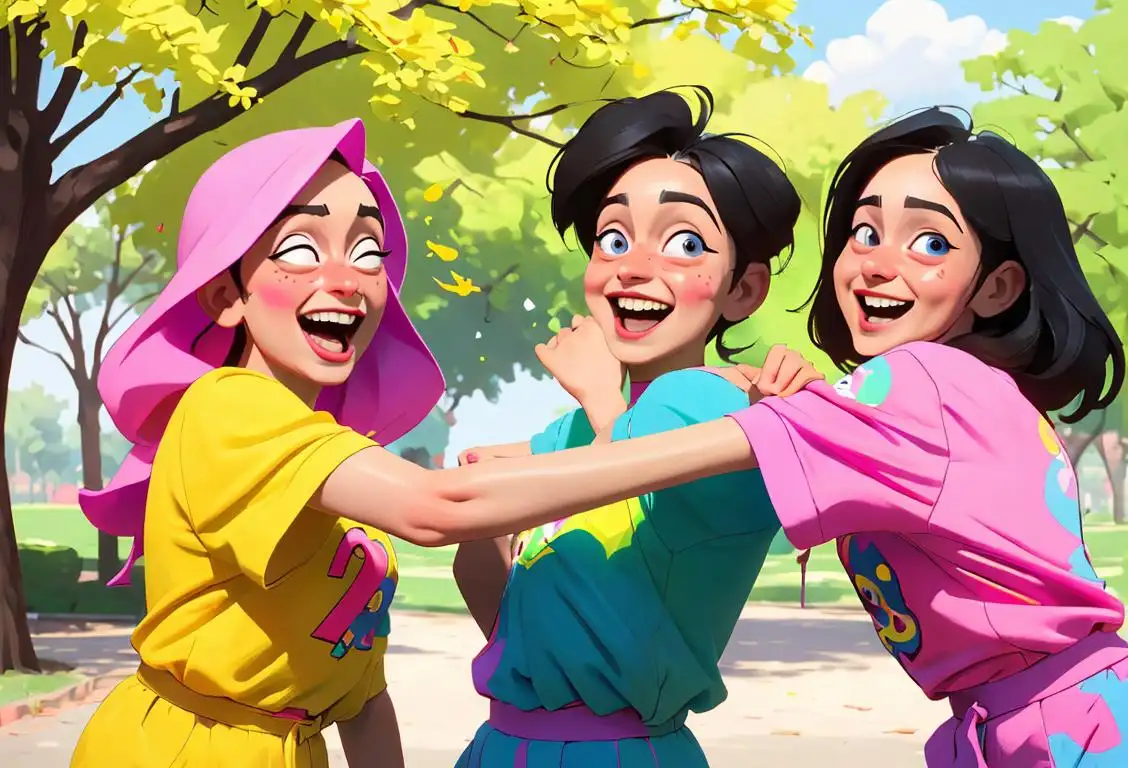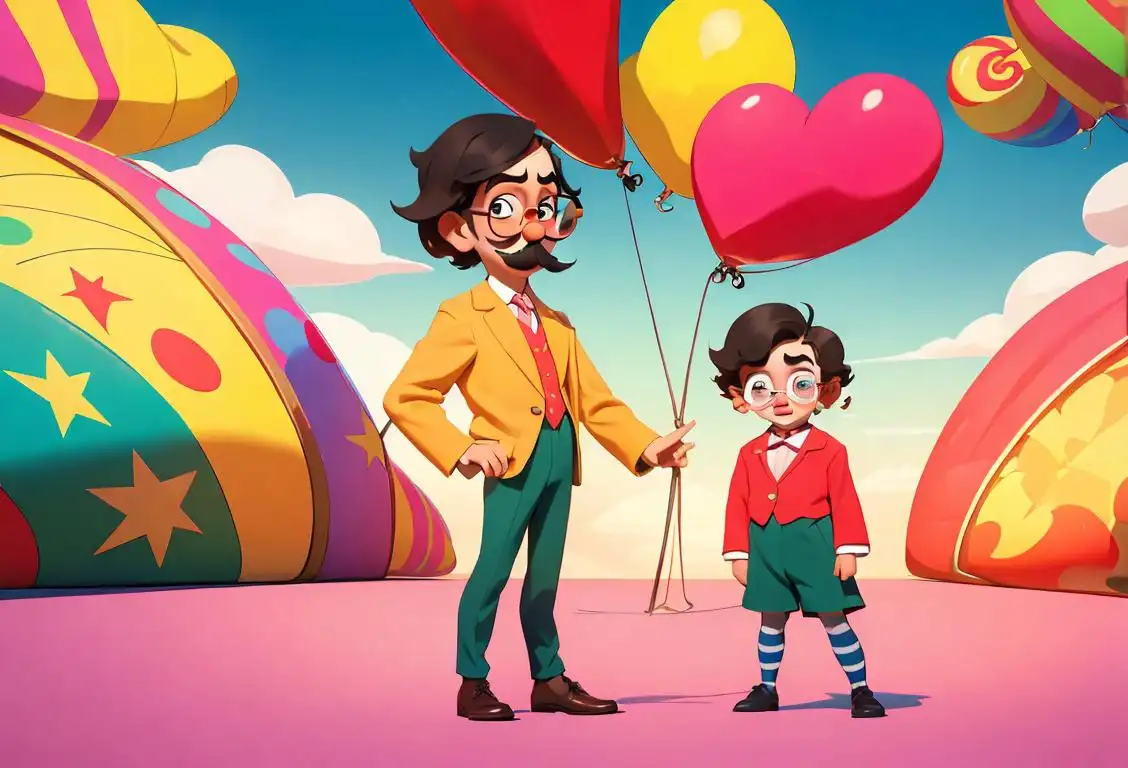National Prank Day
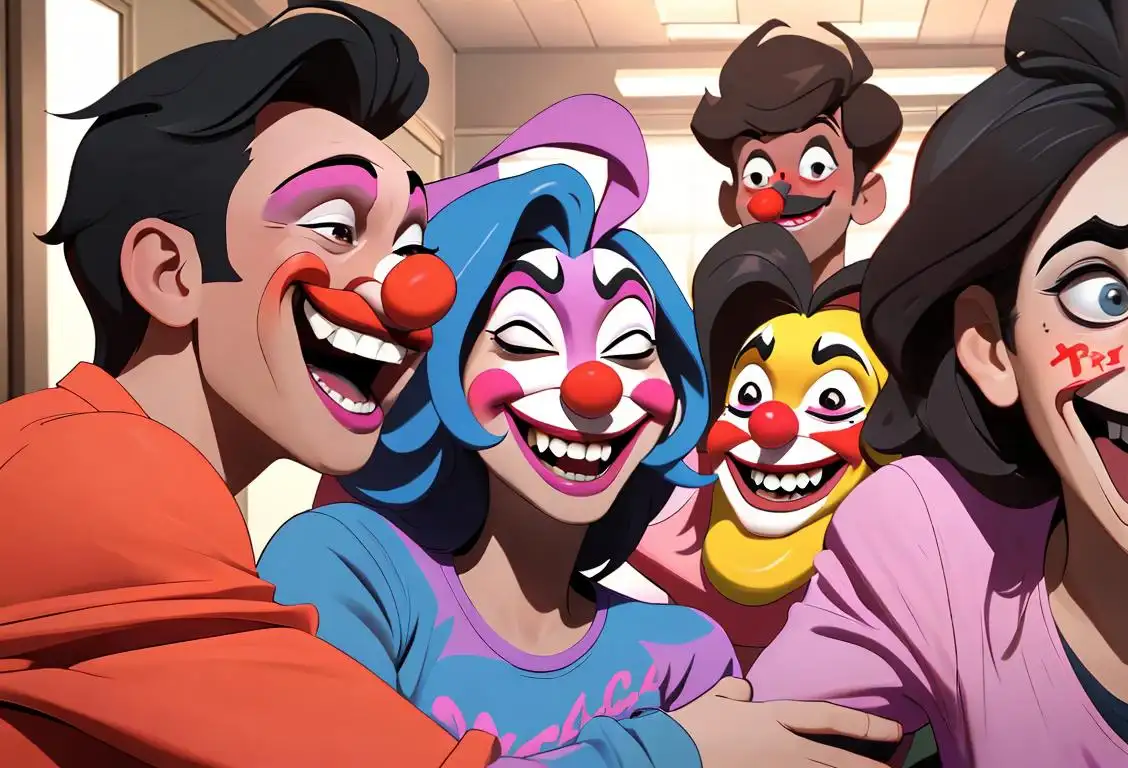
Who doesn't enjoy a good prank, right? Unless you're the one falling for it, of course! From shrieks of laughter to moments of complete disbelief, pranks add an element of fun to ordinary days. And that's precisely what National Prank Day is all about – injecting joy (and perhaps a little healthy dread!) into everyday experiences. Hold onto your funny bones, folks, as we delve into the internet history of National Prank Day!
When is Prank Day?
It's national prank day on the 13th March.
An Overview
Based on our highly scientific WhatNationalDayIsIt.com algorithms, we detected 52 thrilling mentions of National Prank Day. Would you believe it, the most mentions were found on 13 Mar 2020. Curiously enough, this is nowhere near the well-known April Fool's Day. Could it be a prank in its own right? The mystery deepens!
The History and Mentioned Pranks
National Prank Day is all about the art of harmless trickery. Its origins, however, are as elusive as a well-executed prank itself. Some believe the day is a cousin of April Fool's Day, others insist it's a standalone celebration of mischief. Regardless, what truly makes this day shine are the pranks themselves. From innocent practical jokes to ingeniously planned acts of misdirection, National Prank Day is where pranksters proudly wear their crowns!
Activities
Most often, from the mentions we found online, folks like to exchange ideas, plan exciting pranks, or share their personal 'caught-in-the-act' moments. Proof that whether you're the prankster or the pranked, there’s fun to be found on all sides!
History behind the term 'Prank'
16th century
Mischievous Origins
The term 'prank' has its origins in the 16th century from the Middle Dutch word 'pronken,' which means 'to show off' or 'to strut.' However, this early usage of the term did not have the mischievous connotation we associate with pranks today.
17th century
Trickery Emerges
In the 17th century, the word 'prank' evolved in English to refer to trickery or a playful act intended to deceive or amuse. It gained popularity in theatrical performances where performers would engage in humorous deceptions and tricks to entertain the audience.
19th century
The Hoax Culture
During the 19th century, pranks became more elaborate and often took the form of hoaxes. Relying on the element of surprise, these pranks aimed to deceive people by creating fabricated stories or events. Notable hoaxes, such as the Great Moon Hoax in 1835, captivated the public's imagination and highlighted the power of pranks in popular culture.
20th century
Pranks in Pop Culture
The 20th century saw pranks becoming an integral part of pop culture, with influences from movies, television, and internet trends. Famous pranksters like the Marx Brothers, who incorporated clever pranks into their comedy routines, and TV shows like 'Candid Camera,' which captured comedic reactions to staged pranks, popularized the concept of pranking.
21st century
Digital Pranking
With the advent of the internet and social media, pranking has taken on a new dimension in the 21st century. Online pranks, viral challenges, and elaborate digital hoaxes have become widespread. The rise of platforms like YouTube and TikTok has provided a stage for pranksters to showcase their skills to a global audience, resulting in a new wave of attention-grabbing and sometimes controversial pranks.
Did you know?
Did you know the word ‘prank’ originally meant ‘trick’ and was first used in the 16th century, but its lighthearted, mischievous connotations didn't kick in until centuries later? Talk about a historical twist!Tagged
fun laughter celebration pranks mischiefFirst identified
7th April 2017Most mentioned on
13th March 2020Total mentions
52Other days
Prank Day
Cheaters Day
Joygerm Day
Humbug Day
Surprise Drug Test Day
Friend Day
Goof Off Day
Prosecco Day
Popat Day
Kidding Day
